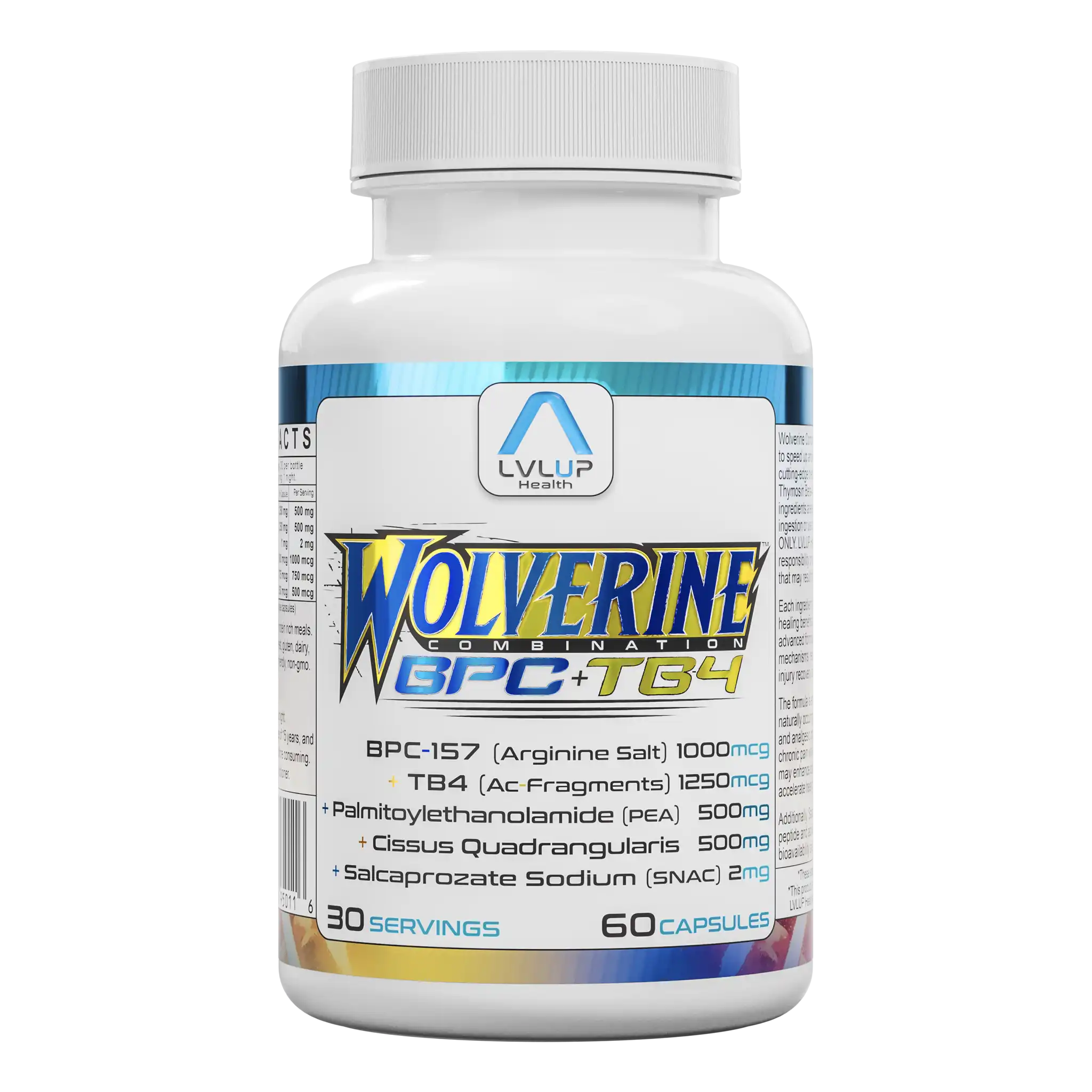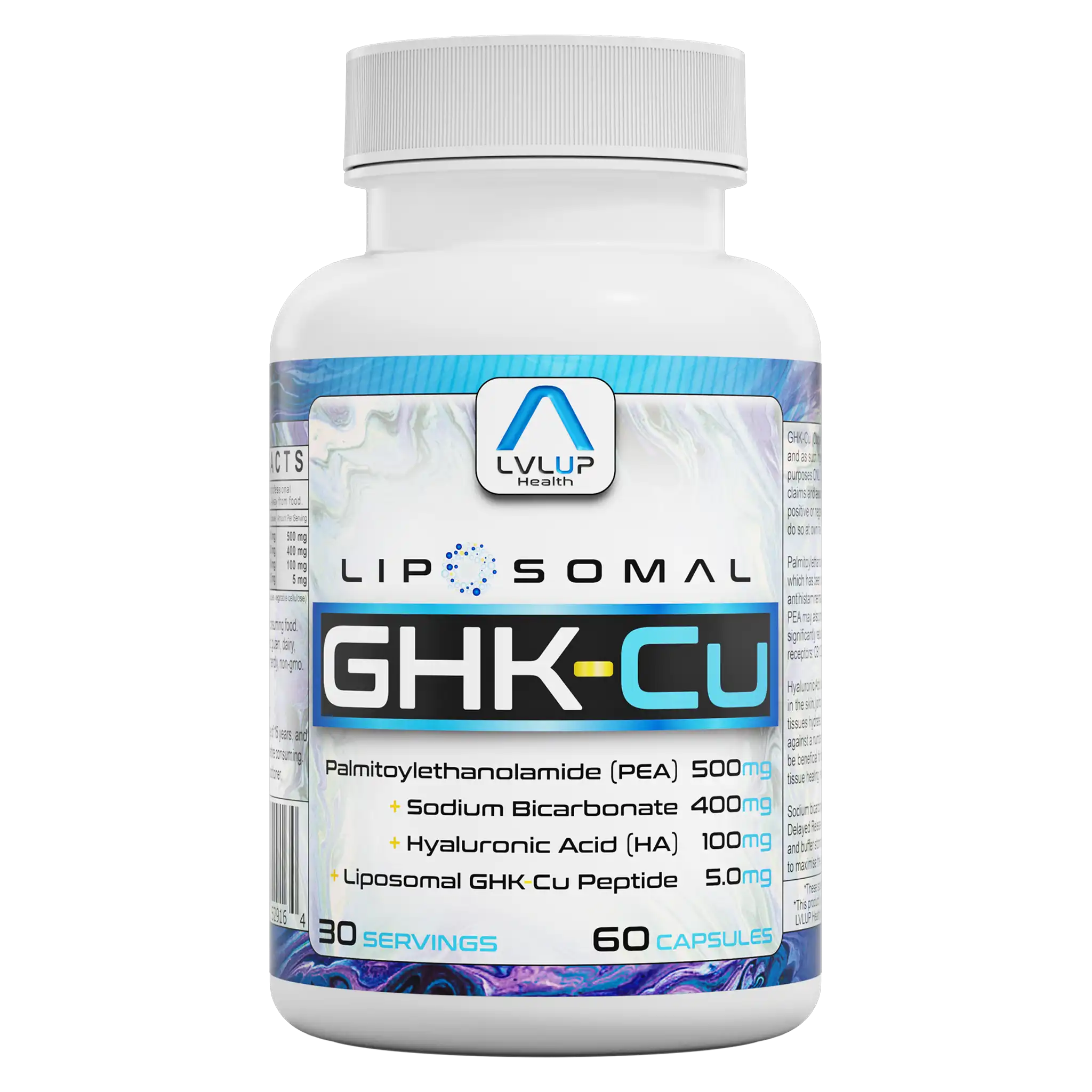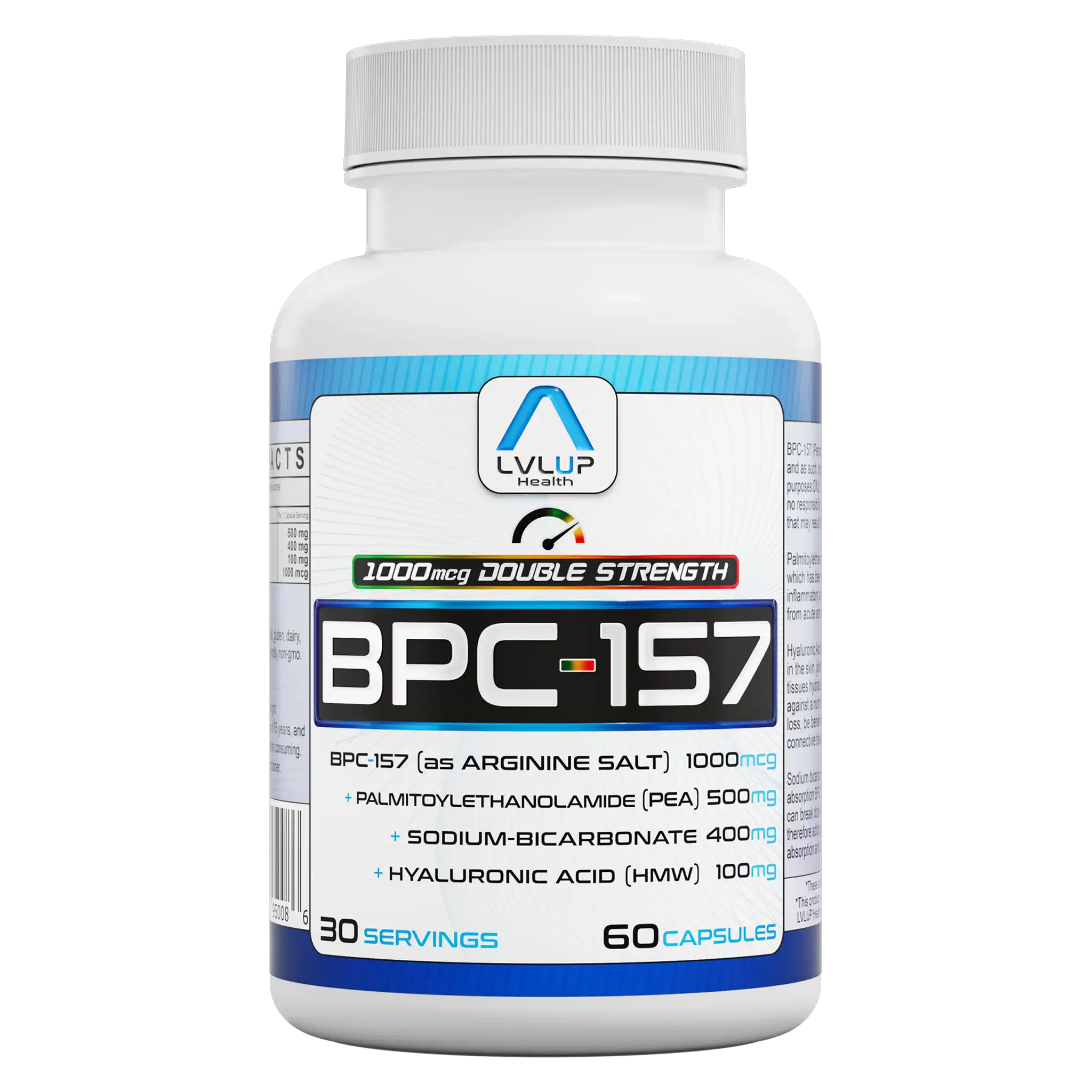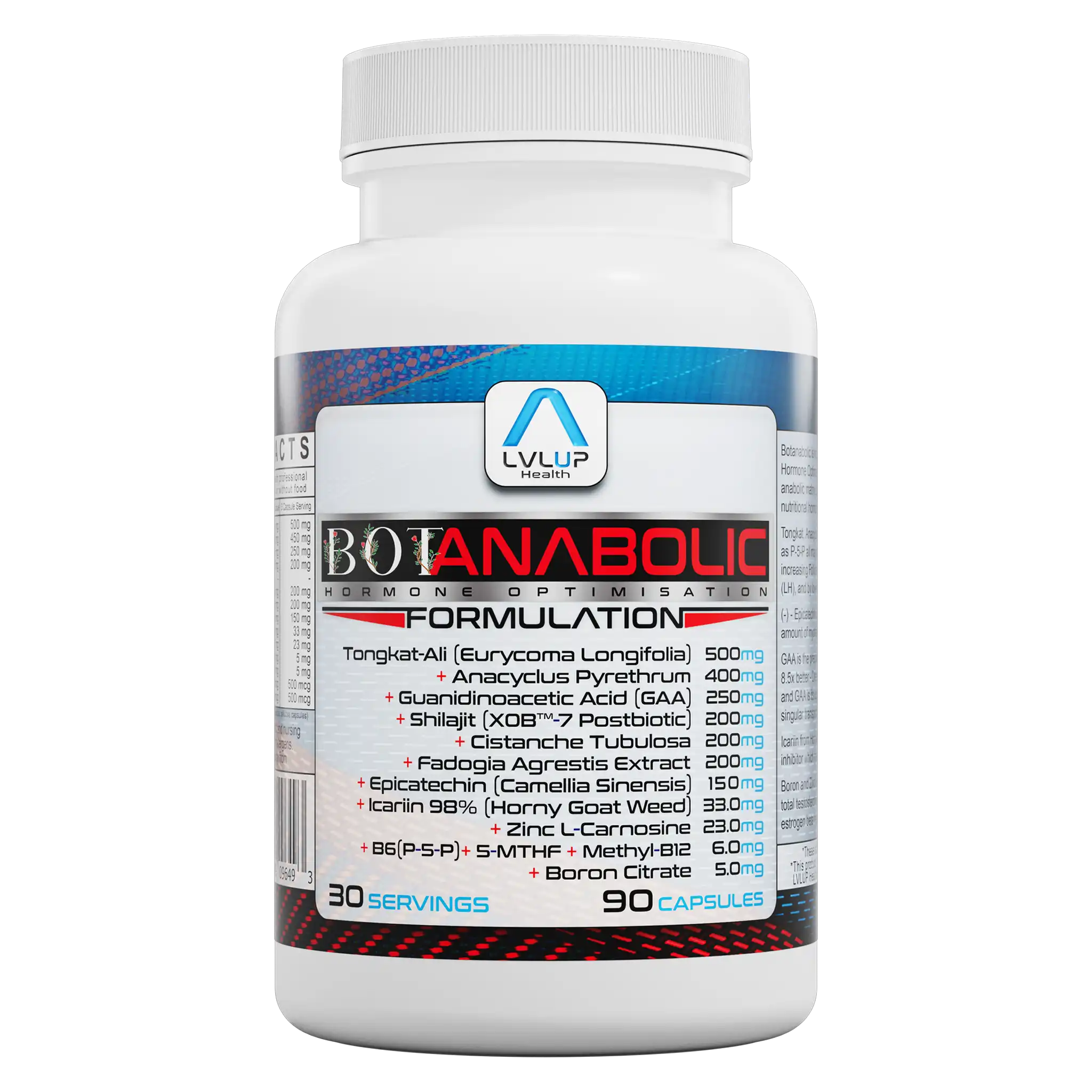Folate
About Folate
Behind the Scenes with Folate
Vitamin B9 is a powerhouse, quietly supporting some of your body’s most critical functions. It’s a water-soluble vitamin, so extra amounts are quickly flushed out by the body. Natural folate is found in leafy greens, beans, lentils, and citrus fruits, while ‘folic acid’ on labels refers to the synthetic version.
Cellular Importance
At a cellular level, folate is central to the methylation cycle – your cell’s toolkit for building DNA, regulating genes, and creating neurotransmitters. Without enough B9, cells can’t divide or grow properly, which is why it’s vital during pregnancy to prevent neural tube defects in babies.
Neurological Support
Folate also supports neurological health throughout life by regulating memory, mood, and nervous system stability. It teams up with vitamins B6 and B12 to keep homocysteine levels in check, which is linked to heart health.
Gut Health and Genetic Variations
Your gut lining renews itself quickly, and folate supports this process. Some people have genetic differences that affect their ability to process synthetic folic acid. In these cases, a methylated form called 5-MTHF may be used for better bioavailability.
Found In
Formulated With
Detailed Information
Folates and Their Functions
Vitamin B9 encompasses a group of related compounds known as folates. They play crucial roles as single-carbon donors in biochemical reactions and serve as coenzymes in DNA synthesis and repair. The active forms include tetrahydrofolate derivatives such as 5-methyltetrahydrofolate (5-MTHF), which converts homocysteine to methionine with the help of vitamin B12.
DNA Methylation and Genetic Stability
Folate influences DNA methylation patterns by acting on DNA methyltransferases. These epigenetic marks affect gene expression and genomic stability. Inadequate intake can lead to uracil misincorporation into DNA, increasing risks like chromosomal breaks.
Genetic Polymorphisms
Genetic variations such as MTHFR C677T can hinder the conversion to 5-MTHF, justifying the use of pre-methylated forms in certain populations. Most absorption occurs in the small intestine through proton-coupled folate transporters before reaching the liver for conversion to bioactive forms.





